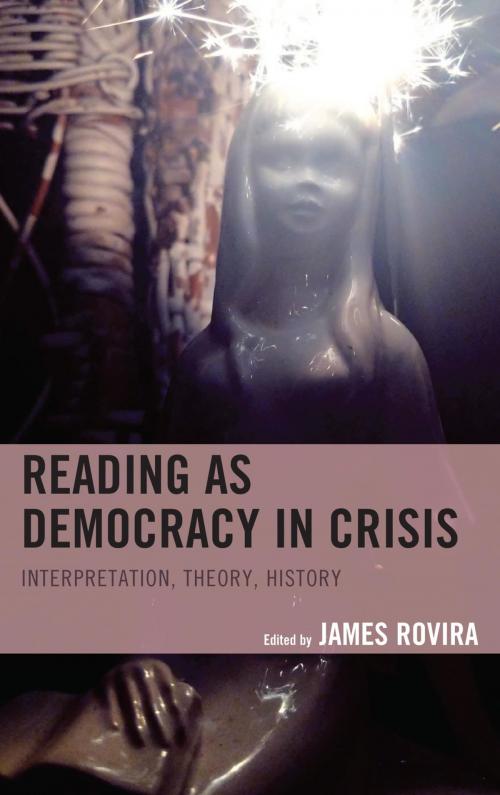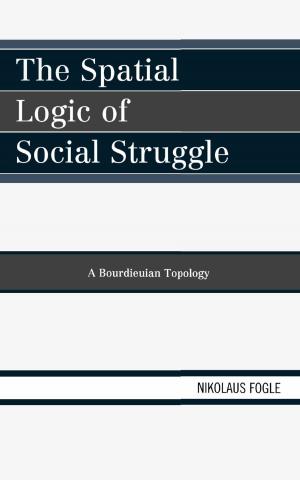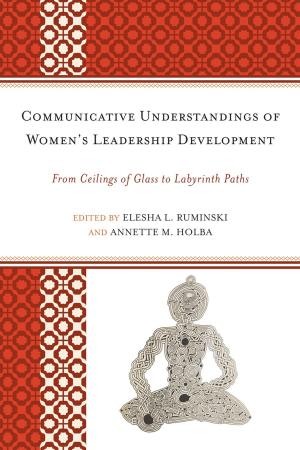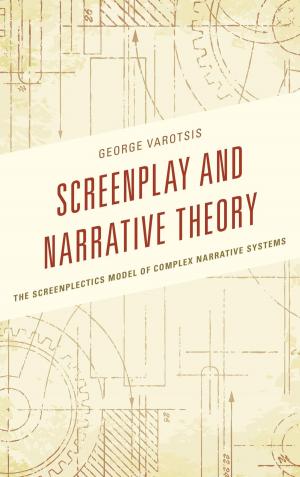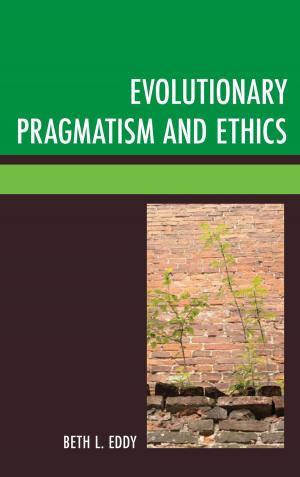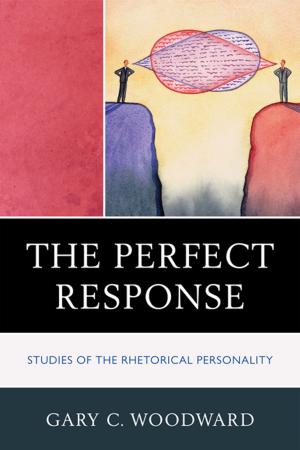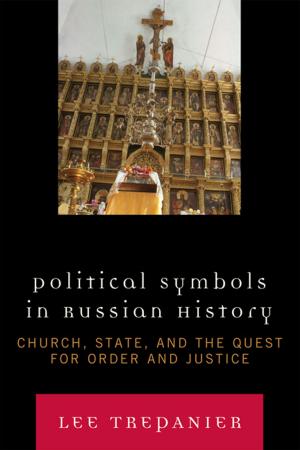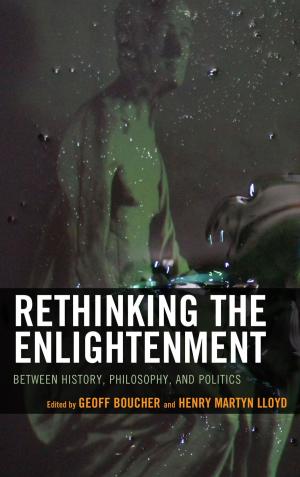Reading as Democracy in Crisis
Interpretation, Theory, History
Nonfiction, Social & Cultural Studies, Political Science, Government, Democracy, Fiction & Literature, Literary Theory & Criticism, Books & Reading, History| Author: | Cassandra Falke, Philip Goldstein, Darcie Rives-East, James Rovira, Meredith N. Sinclair, Aglaia Maretta Venters, Steve Wexler, Roger Whitson | ISBN: | 9781498553872 |
| Publisher: | Lexington Books | Publication: | April 26, 2019 |
| Imprint: | Lexington Books | Language: | English |
| Author: | Cassandra Falke, Philip Goldstein, Darcie Rives-East, James Rovira, Meredith N. Sinclair, Aglaia Maretta Venters, Steve Wexler, Roger Whitson |
| ISBN: | 9781498553872 |
| Publisher: | Lexington Books |
| Publication: | April 26, 2019 |
| Imprint: | Lexington Books |
| Language: | English |
Reading as Democracy in Crisis: Interpretation, Theory, History explores the dialectic between historical conditions and the reading strategies that arise from them. Chapters covering Plato and Derrida; G.W.F. Hegel; Karl Marx; Ludwig Wittgenstein; Robert Penn Warren; Louise Rosenblatt; Theodor Adorno, Michel Foucault, and Jacques Derrida; Judith Butler; and Object Oriented Ontology and Digital Humanities provide overviews of and arguments about each subject’s thought in its historical contexts, suggesting how the reading strategies adopted in each case were in part motivated by specific historical circumstances. As the introduction explains, these circumstances often involved forms of democracy in crisis, so that the collection as a whole is an engagement with the dialectic between democracies that are perpetually in crisis and the seemingly unlimited freedom of our reading practices.
Reading as Democracy in Crisis: Interpretation, Theory, History explores the dialectic between historical conditions and the reading strategies that arise from them. Chapters covering Plato and Derrida; G.W.F. Hegel; Karl Marx; Ludwig Wittgenstein; Robert Penn Warren; Louise Rosenblatt; Theodor Adorno, Michel Foucault, and Jacques Derrida; Judith Butler; and Object Oriented Ontology and Digital Humanities provide overviews of and arguments about each subject’s thought in its historical contexts, suggesting how the reading strategies adopted in each case were in part motivated by specific historical circumstances. As the introduction explains, these circumstances often involved forms of democracy in crisis, so that the collection as a whole is an engagement with the dialectic between democracies that are perpetually in crisis and the seemingly unlimited freedom of our reading practices.
